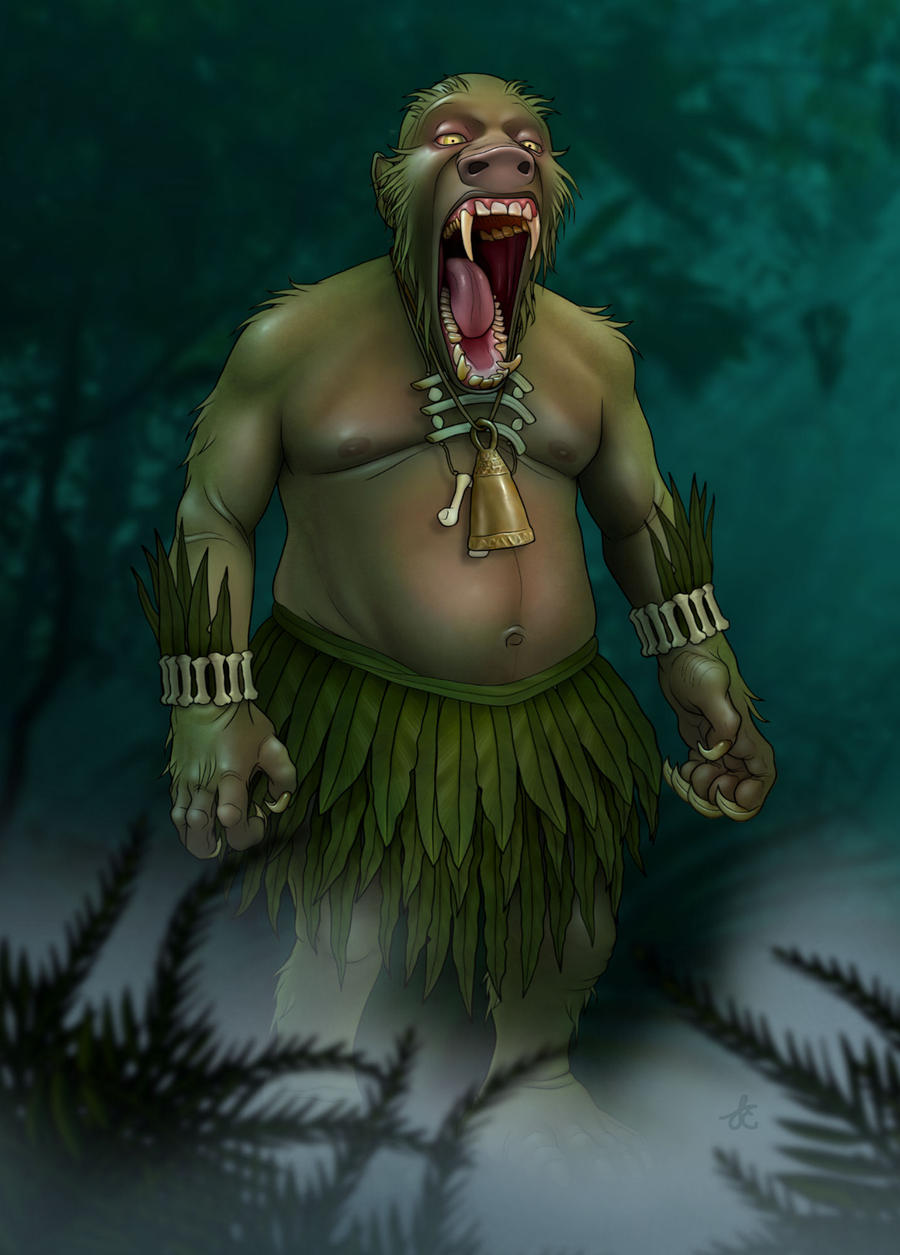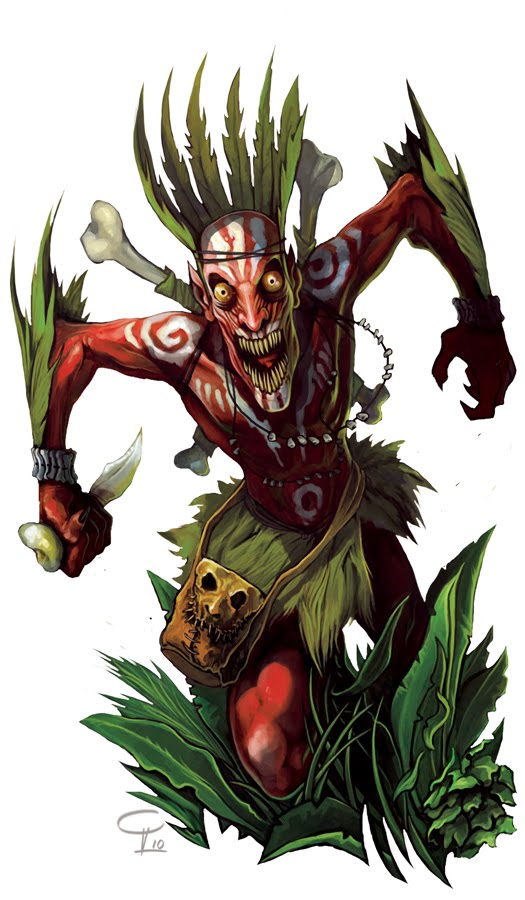Кстати, Странник, загляни к василиску — у нас тут новые заказы на готичную скульптуру поступили.
Bestiary.us
энциклопедия вымышленных существБыстрый переход
- Белорусский бестиарий Мифические существа, духи и демоны белорусского фольклора.
- Мир Гарри Поттера Вымышленный мир, в котором происходит действие серии романов о юном волшебнике Гарри Поттере. Действие происходит в нашем мире, в Англии, в 1990-х годах. В отличие от реального мира, среди обычных людей (маглов) живут волшебники (маги), обладающие способностью к использованию магии.
- Транслятор имен Здесь у Вас есть уникальная возможность узнать, как могло бы звучать Ваше имя на языках различных вымышленных рас. При этом результат имеет смысловую нагрузку. Так к примеру, эльфийские имена собираются по грамматическим правилам квэнья и других эльфийских языков исходя из значения Вашего настоящего имени.
Biloko
Билоко — в фольклоре коренного населения Конго, обросший травой карлик, способный проглотить человека целиком
Biloko — acording to Congo folklore, a hairless humanoid overgrown with grass, within mouth up wide enough to swallow its prey whole
Билоко — в фольклоре коренного населения Конго, обросший травой карлик, способный проглотить человека целиком
Biloko — acording to Congo folklore, a hairless humanoid overgrown with grass, within mouth up wide enough to swallow its prey whole
Билоко — в фольклоре коренного населения Конго, обросший травой карлик, способный проглотить человека целиком
БилокоВ фольклоре коренного населения Конго, обросший травой карлик, способный проглотить человека целиком по-русскиBilokoAcording to Congo folklore, a hairless humanoid overgrown with grass, within mouth up wide enough to swallow its prey whole in english
Biloko —
Eloko —
Элоко —
В фольклоре народа монго-нкундо из группы банту, проживающего на территории Демократической Республике Конго, элоко (во множественном числе — билоко) — безволосый карлик, на чьем теле растет трава, а одежда сделана из листьев. По описаниям у него огромная клыкастая пасть, длинные острые когти, пронизывающий взгляд и нос, похожий на свиное рыло. Считается, что билоко — это духи умерших предков, завидующие живым. Они обитают в темных частях леса, селятся в дуплах деревьев и ревностно охраняют свои сокровища: дичь и плоды лесных растений. Говорят, что только бесстрашные охотники могут войти в самый глухой лес и выжить, потому что они мужчина должен обладать сильной магией, без которой ему не добиться успеха на охоте. Есть много историй о женах, которые настаивали на том, чтобы присоединиться к своим мужьям в лесу, и неизменно падали в обморок при виде элоко: он звонит в волшебный колокольчик, который заставляет человека заснуть, а затем широко раскрывает рот и проглатывает жертву целиком. К счастью, от него можно защититься при помощи амулетов-оберегов (1550: p.83; 1497: p.142; 296: p.248; 1314: p.34).
Типичная сказка про элоко гласит:
Однажды охотник по настоянию жены, взял ее с собой в лес, где у него была охотничья хижина, обнесенная частоколом. Уходя осмотреть свои ловушки, он сказал ей: «Когда ты услышишь звон, не двигайся. Если ты это сделаешь, ты умрешь!» Вскоре после того, как он ушел, жена услышала завораживающий звук приближающегося колокольчика, ведь у элоко отличный нюх на женскую плоть. Нежным голосом, похожим на детский, он попросил, чтобы его впустили внутрь. Женщина открыла дверь и увидела элоко, пахнущего лесом, маленького и невинного на вид. Она предложила ему банановое пюре с жареной рыбой, но он отказался: «Мы едим только человеческое мясо. Я давно не ел. Дай мне кусок твоей руки». Завороженная женщина согласилась. В ту ночь муж нашел лишь ее кости.
"Элоко, или Никогда не оставляйте свою жену одну" (1550: p.83-84; 1497: p.139-142).
According to folk beliefs of Mongo-Nkundo people in the Democratic Republic of the Congo, Biloko are the kind of dwarf-like creature that lives in the forests. They are believed to be the spirits of ancestors of the people living there. Legend has it that they haunt the forest because they have some grudge to settle with the living and are generally quite vicious. Biloko live in hollow trees in the densest and darkest part of the rain forest, jealously and ferociously guarding their treasures: the game and the rare fruits of the forest. Only intrepid hunters are said to enter the deepest forest and survive, because in order to be successful, hunters have to possess strong magic, without which they would never see any game at all. There are many tales about wives who insist upon joining their husbands in the forest only to faint as soon as they see their first Eloko. The Biloko have no hair, only grass grows on their bodies, and they are dressed only in leaves. They have piercing eyes, a snoutlike noses and mouths that can be opened wide enough to admit a human body, alive or dead, and long, sharp claws. They possess little bells, which, in Central Africa are believed to be able to cast a spell on passers-by. Possessing an amulet or a fetish can offer protection from this type of magic (1550: p.83; 1497: p.142; 296: p.248; 1314: p.34).
A typical Eloko tale:
One day a hunter took his wife, at her insistence, into the forest, where he had a hut with a palisade around it. When he went out to inspect his traps, he told her: "When you hear a bell, do not move. If you do, you will die!" Soon after he had left, she heard the charming sound of a little bell coming closer, for the Eloko has a good nose for feminine flesh. Finally, a gentle voice asked to be let in to his room. It was like the voice of a child. The woman opened the door and there was an Eloko, smelling like the forest, looking small and innocent. She offered him banana mash with fried fish but he refused: "We eat only human meat. I have not eaten for a long time. Give me a piece of your arm." At last the woman consented, totally under the spell of the Eloko. That night, the husband found her bones.
"The Eloko, or Never Leave Your Wife Alone" (1550: p.83-84; 1497: p.139-142).
Онлайн источникиАнлайн крыніцыŹródła internetoweОнлайн джерелаOnline sources
Дополнительная информацияДадатковая інфармацыяInformacja dodatkowaДодаткова інформаціяAdditional Information
Статус статьиСтатус артыкулаStatus artykułuСтатус статтіArticle status:
Процессия (незаконченная статья в процессе написания)
Подготовка статьиПадрыхтоўка артыкулаPrzygotowanie artykułuПідготовка статтіArticle by:
Адрес статьи в интернетеАдрас артыкулу ў інтэрнэцеAdres artykułu w internecieАдрес статті в інтернетіURL of article: //bestiary.us/biloko


Культурно-географическая классификация существ:
Культурна-геаграфічная класіфікацыя істот:
Kulturalno-geograficzna klasyfikacja istot:
Культурно-географічна класифікація істот:
Cultural and geographical classification of creatures:
Ареал обитания:
Арэал рассялення:
Areał zamieszkiwania:
Ареал проживання:
Habitat area:
Псевдо-биологическая классификация существ:
Псеўда-біялагічная класіфікацыя істот:
Pseudo-biologiczna klasyfikacja istot:
Псевдо-біологічна класифікація істот:
Pseudo-biological classification of creatures:
Физиологическая классификация:
Фізіялагічная класіфікацыя:
Fizjologiczna klasyfikacja:
Фізіологічна класифікація:
Physiological classification:
Форумы:
Форумы:
Fora:
Форуми:
Forums:
Еще? Еще!
Фоллетти — в итальянской мифологии собирательное название для проказливых существ невысокого роста и "игривого" характера
Акуй-Халава — в легендах индейского племени пареси белый лесной человек-людоед
Моховик — по славянской мифологии дух мшистых болот, самый маленький из лесных духов
Якши — полубожественные индийские существа, мужчины которых благожелательны к людям, а женщины — стервы-людоедки
Ориогорухо — в фольклоре папуасов киваи злое похожее на человека существо с очень большими, свисающими до земли ушами, которыми он укрывается ночью
Калануро — в фольклоре жителей Мадагаскара карлики с длинными когтями и волосами
Маркополи — в прусской и литовской мифологии антропоморфные духи, живущие в земле, барздуки более высокого сословия, гномы-помощники Пушкайтса, бога земли
Эбу-гого — в фольклоре жителей острова Флорес (Индонезия) племя человеческих существ небольшого роста
Лютен — во французском фольклоре ночные существа маленького роста и крайне проказливого характера
Бзёнек — cогласно силезским суевериям, дух-охранитель в облике маленького человечка, живущего в кустах бузины
Рангда — в балийской мифологии и культуре демоническая людоедка, королева ведьм-леяков, олицетворение зла, черной магии и смерти
Леяки — в балийской мифологии демоны-ведьмы, летающие по ночам в виде голов со свисающими внутренностями
Бисура — в башкирском фольклоре маленькие человечки (как правило, женского пола), которые склоняют людей к сожительству, а потом покровительствуют им, помогая разбогатеть
Гаркаин — легендарное существо из мифологии австралийских аборигенов, которое камнем падает с дерева на зашедшего в лес человека, окутывает жертву своими крыльями и, задушив, пожирает


Comments
Отправить комментарий